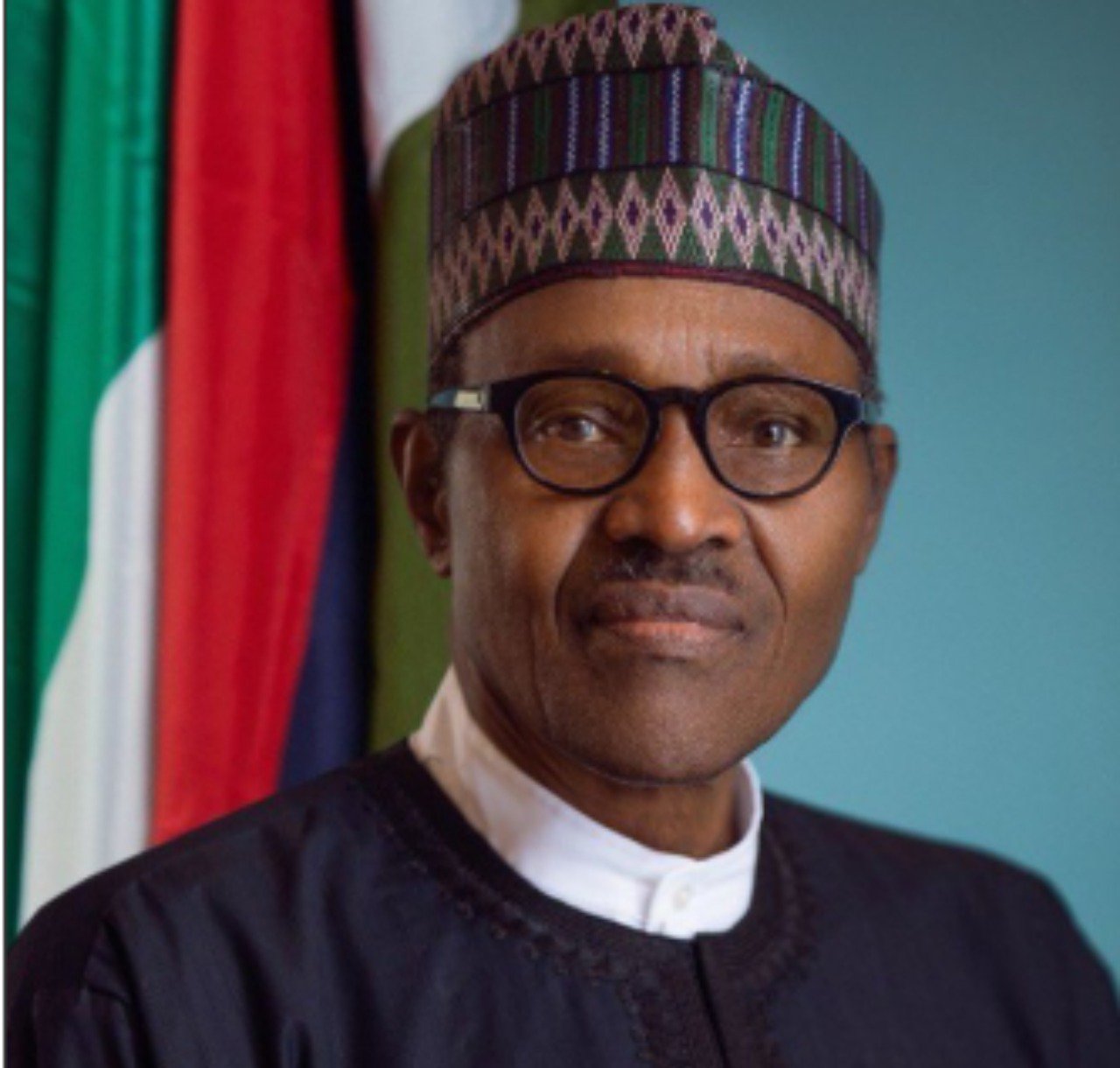President Muhammadu Buhari has asked members of the organised private sector to reinvest their profits on the creation and retention of jobs.
Buhari said this on Monday at the opening of the maiden Nigeria Employers’ Summit organised by Nigeria Employers’ Consultative Association (NECA) in Abuja.
Buhari said the private sector could become the engine of growth in Nigeria in areas such as job creation, paying requisite taxes and financing works and services, hence the appeal to reinvest profits.
Buhari was represented by Dr. Chris Ngige, Minister of Labour and Employment.
He urged the private sector to give justifiable consideration to a decent work agenda and maintain a social protection floor by adopting redundancy as the last option in personnel management, bearing in mind the policy of the Federal Government against retrenchment.
“While the government works with the trade unions to ensure sustainability of the enterprise by building and protecting a sound national industrial relations system, on the other hand, businesses are also protected and enabled to succeed,” he said.

“They are consequently expected to drive growth, create jobs and pay the requisite taxes that will boost investments, finance works and services to improve the social welfare of people in the field of education.
“This is also in provision of basic facilities, portable water, transportation, care of the aged and other forms of horizontal and vertical social protection/social security that includes but not limited to the empowerment of the less privileged and the vulnerable in the society.
“In this regard, I am glad that the National Labour Advisory Council (NLAC), of which NECA is a member, has commenced the consideration of International Labour Organisation (ILO) convention number 102 on social security (minimum standards).
“This also encompasses nine thematic areas or branches for ratification by Nigeria, though being considered in stages due to the enormity of coverage provided by the convention.
“When this feat is accomplished, the role of the private sector in national development will be highlighted.”
Buhari also noted areas of public-private partnership with NECA, such as the Nigeria Social Insurance Trust Fund (NSITF) and the Industrial Training Fund (ITF).
He added that such partnerships would enable and create more opportunities for corporate social responsibility (CSR) by those companies in tune with the principles contained in the ILO instrument.
“The instrument is on tripartite declaration of principles concerning multinational enterprises and social policy,” he added.
“The instrument provided direct guidance to enterprises on social policy and inclusive responsibility as well as sustainable workplace practices.
“We hope to walk and work in the footpath of our words as we deliberate on the private sector as the engine of national development.
“The advent of COVID-19 and its aftermath have given rise to areas of global socio-economic interventions and models of development.
“This is as we review the principles of just transition and the outcome of deliberations by the recently concluded International Labour Conference in Geneva on decent work, social and solidarity economy.
”Let us step this terminologies down to our basics and derive the best from them for our people.”
On his part, Taiwo Adeniyi, president and chairman of council, NECA, said the private sector had an important role in the realisation of the national development plan.
He said the sector was inhibited by challenges such as policy inconsistency, overbearing regulatory frameworks, multiplicity of taxes, inadequate infrastructure and insecurity.
Adeniyi said it was gratifying to note that businesses had exhibited resilience and doggedness in keeping the wheel of the economy rolling.
He, however, said the summit is focused on promoting enterprise development as a major source of national growth.
Vanessa Phala, country director of ILO for Nigeria, Ghana, Liberia and Sierra Leone, said the summit would contribute to further advancing the decent work agenda of ILO with concrete steps towards an improved business environment for the Nigerian private sector.


